The Way I used to be
Extraits

Romans, témoignages & Co
The Way I Used to Be Tome 1
11/2023
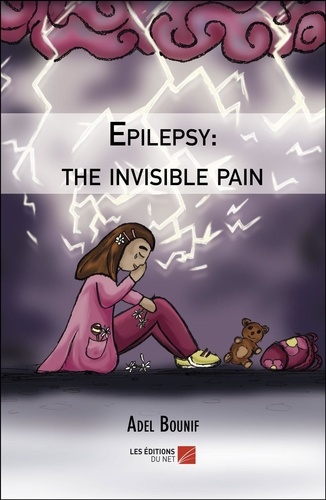
Poésie
Epilepsy: the invisible pain
01/2019
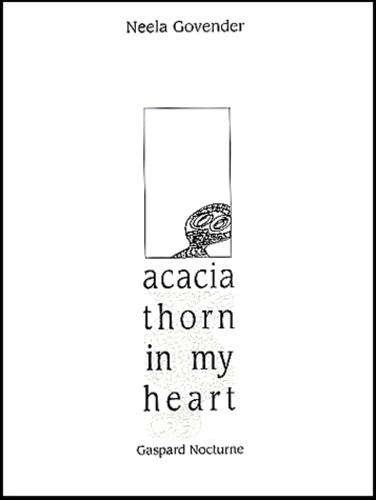
Anglais apprentissage
Acacia thorn in my heart
09/2001
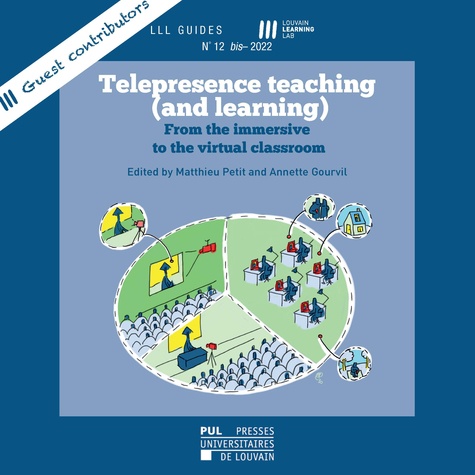
Sociologie
Cahiers du LLL n° 12 bis – Telepresence teaching (and learning). From the immersive to the virtual classroom
06/2022
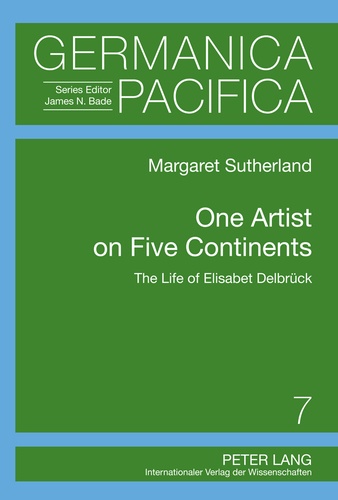
Histoire internationale
One Artist on Five Continents
12/2011
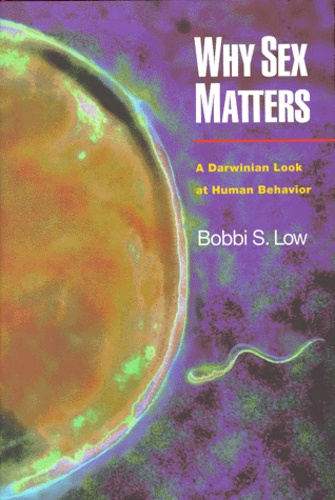
Histoire et Philosophiesophie
WHY SEX MATTERS. A Darwinian Look at Human Behavior
01/2000
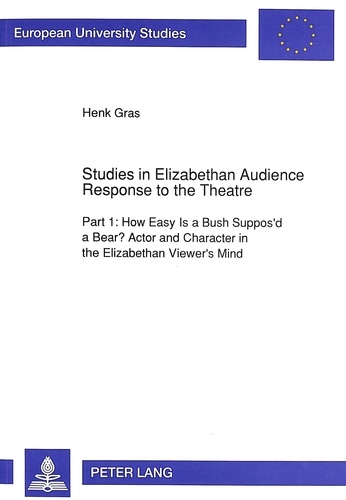
Non classé
Studies in Elizabethan Audience Response to the Theatre
02/1993
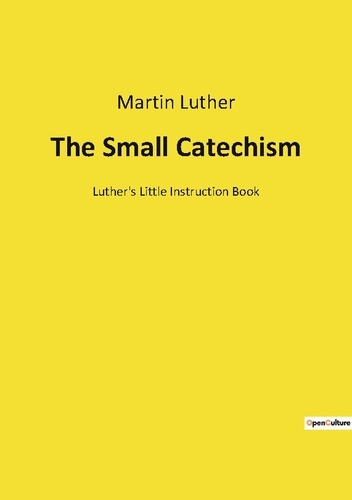
Ouvrages généraux
The Small Catechism. Luther's Little Instruction Book
11/2022
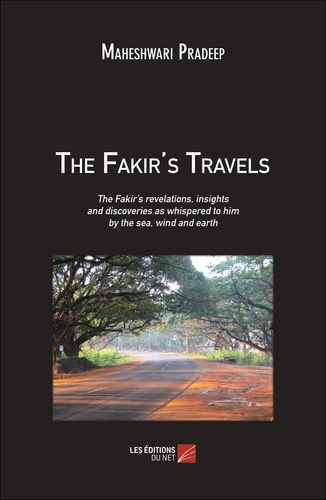
Sociologie
The Fakir's Travels
04/2014
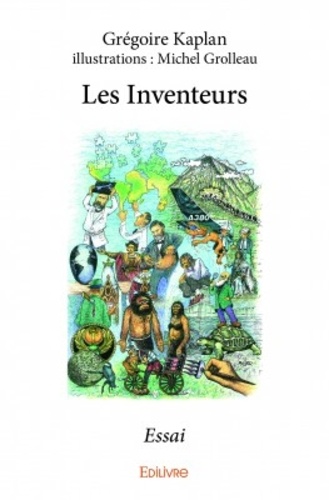
Littérature française
Les inventeurs. Essai
02/2017
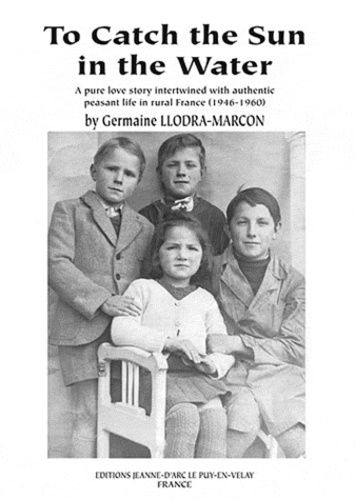
Critique littéraire
To catch the sun in the water
07/2001

BD tout public
I am GooGol - The Great Invasion
12/2010

Guides pratiques
French Phrasebook & Dictionary 8ed - Anglais
10/2023

Physique, chimie
What is energy?
01/2016

Guides pratiques
Japanese Phrasebook & Dictionary 10ed - Anglais
09/2023
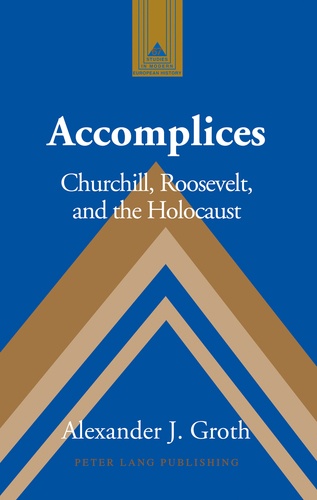
Histoire internationale
Accomplices
06/2011
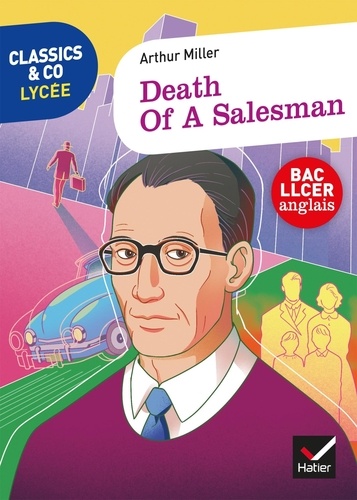
Lectures graduées
Death of a Salesman
08/2021
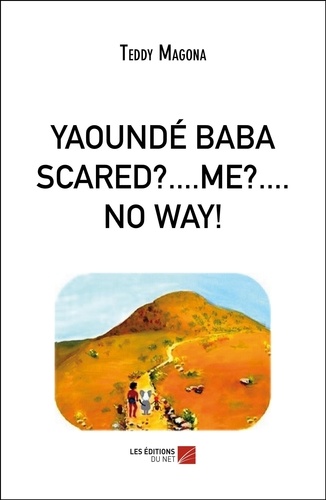
Livres 0-3 ans
YAOUNDÉ BABA SCARED?....ME?....NO WAY!
10/2017
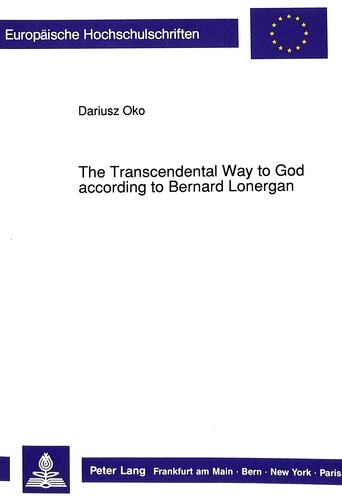
Non classé
The Transcendental Way to God According to Bernard Lonergan
12/1991

Littérature française
Destiny
04/2014
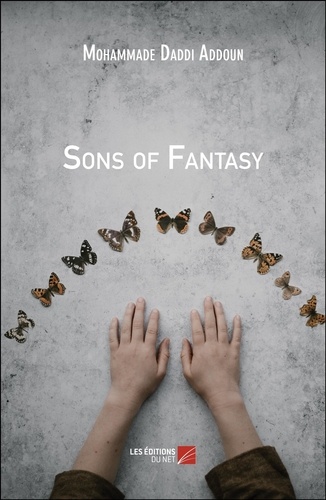
Littérature française
Sons of Fantasy
08/2018
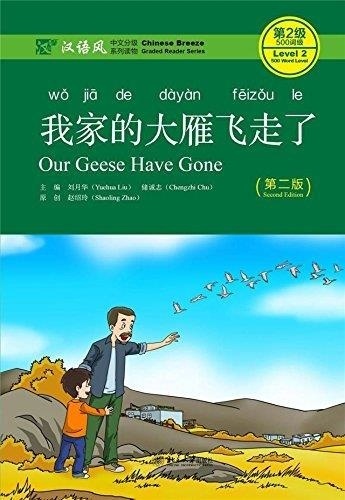
Autres langues
Chinese Breeze : Our Geese Have Gone (Niveau 2 - 500 mots). Edition en anglais-chinois, 2nd edition
01/2018

Musique classique
Songs of Love. 12 Romances. 12 Lieder. Soprano (tenor) and piano.
12/2023
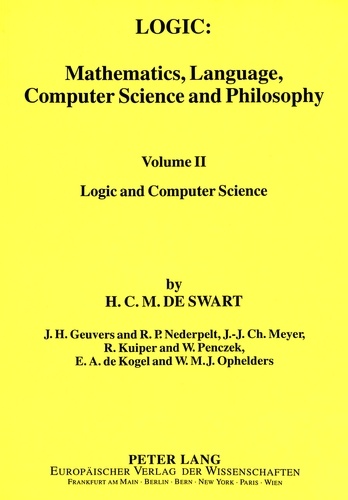
Droit
Logic: Mathematics, Language, Computer Science and Philosophy
05/1994
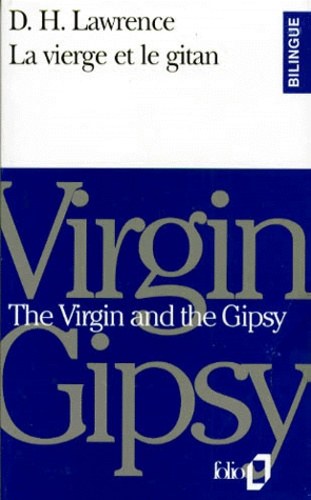
Anglais apprentissage
LA VIERGE ET LE GITAN : THE VIRGIN AND THE GIPSY
02/1993

Histoire et Philosophiesophie
Charles Darwin's Zoology Notes & Specimen Lists from H.M.S. Beagle
01/2000

Romance sexy
Say Yes to the Boss
04/2022
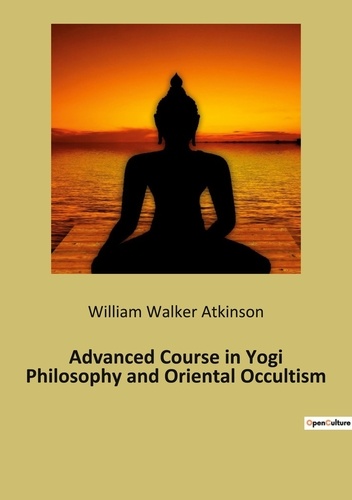
Histoire de la philosophie
Advanced Course in Yogi Philosophy and Oriental Occultism
10/2022

Histoire internationale
Flavius Josephus, the Zealots and Yavne
01/1994
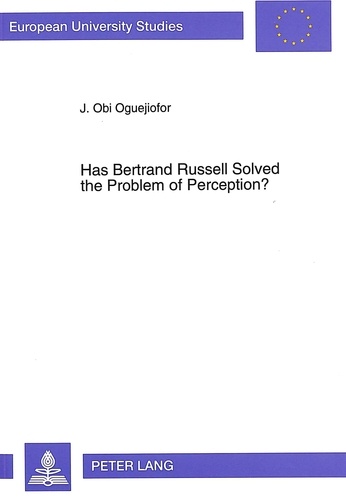
Non classé
Has Bertrand Russell Solved the Problem of Perception?
05/1994

